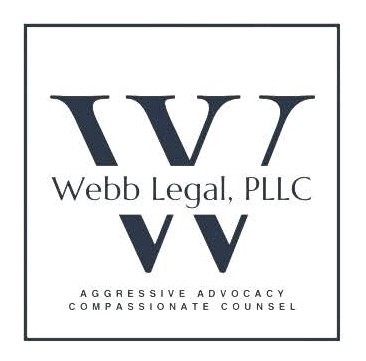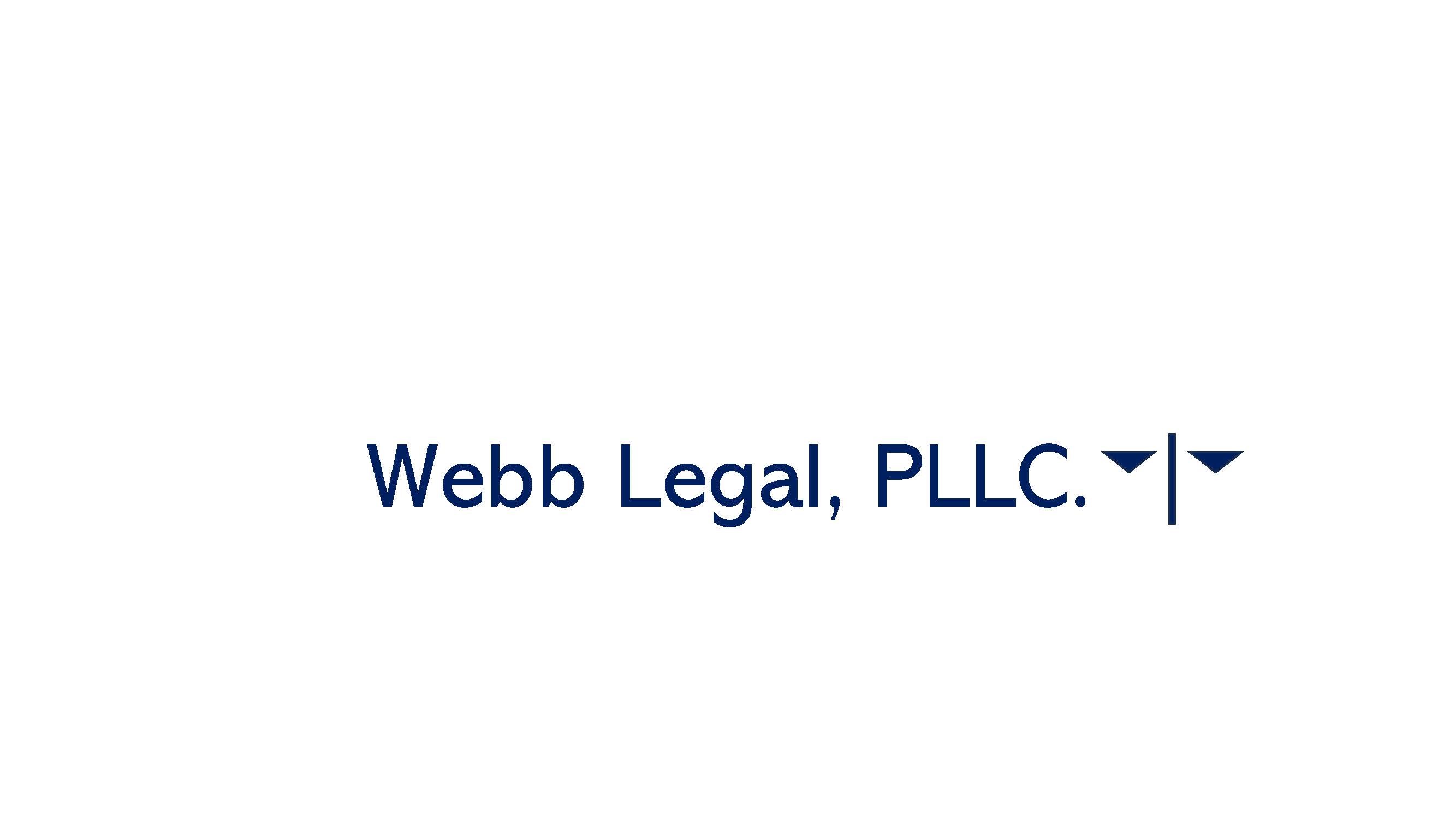The WPA: What is it?
June 3, 2025
* The following is intended for education purposes only. An attorney-client relationship does not exist.
As promised, it’s time to discuss whistleblower actions and we’ll start with the Whistleblower Protection Act for Federal Government Employees. The WPA was enacted in 1989 after long congressional hearings in order to enhance protections for whistleblowers, which apparently were much needed. (After approximately a decade, the Office of Special Counsel (“OSC”) had not brought one single whistleblower case from the span of 1979 until 1989).
Two major changes took place: 1) the Office of Special Counsel (OSC) became an Agency independent of the Merit Systems Protection Board (MSPB), and 2) this gave whistleblowers, under certain circumstances, the right to appeal a reprisal (retaliation) action directly to the MSPB. An often cited case, Spruill v. MSPB, 978 F.2d 679 (Fed. Cir. 1992), touches on this restructuring of whistleblower laws for federal government employees.
Post enactment of the WPA, and pursuant to Code §2302(b)(8) describes certain activities that have come to be known as whistleblowing and prohibits taking adverse personnel actions (reprisal) against federal employees for engaging in those activities. However, instead of having to go through the OSC, a federal employee can file directly with the MSPB under certain circumstances, one of these being if a superior take and prohibited personnel action (adverse action) in typical employment law parlance, and it qualifies as a “disclosure” under §2302(b)(8).
* The foregoing is not legal advice, it is intended for general educational purposes, an attorney-client relationship has not been formed, nor does one exist on account of the above, if you think you have an issue with trade secrets related to past or present employment, or are being discriminated against at your place of employment then you need to contact an attorney, likewise if you are an employer and find yourself on the wrong end of a discrimination suit, contact an attorney for advice.
The Virginia Uniform Trade Secrets Act: What Constitutes Misappropriation Under the Act?
January 29, 2025
* The following is intended for education purposes only. An attorney-client relationship does not exist.
It has been quite some time since I've written anything on the Virginia Uniform Trade Secrets Act (VUTSA) and I recently came across a case that could provide some clarity to portions of the Act. Specifically, the case Knowesis, Inc. v Bobi Herrera, from the Fairfax County Circuit Court, provides some great insight into certain aspects of the Act and specifically what constitutes misappropriation under the Act. The case dissects a portion of the Act, Va. Code Ann Sec. 59.1-337(A), that defines Misappropriation under the Act.
The first way an individual could misappropriate trade secrets under the Act is to acquire them via improper means. Meaning, you are in possession of the trade secrets in question via unlawful means, that you did not have the authority to possess them in the first place. The opinion goes on to provide examples of the three different scenarios showing when an employee may or may not be violating this specific provision of the Act.
The Court notes that underpinning the analysis is whether the "acquisition was done within the scope of employment." This particular Opinion interprets the Act as not providing a means of action against a person who merely obtains trade secrets after they lawfully acquired them during their employment. Still, the Court ordered the defendant employee to return the devices still retained by the employee. While this one issue was resolved in a somewhat favorable manner, it's important to note that ultimately the defendant lost on the other Counts brought against her.
Further, while the Opinion is informative and certainly persuasive authority in Fairfax County, it is not a Virginia Supreme Court decision and therefore other courts throughout the state may interpret this provision of the Act differently. As always, if you find yourself in this scenario, you should contact an attorney to help you nagivate this area of the law.
* The foregoing is not legal advice, it is intended for general educational purposes, an attorney-client relationship has not been formed, nor does one exist on account of the above, if you think you have an issue with trade secrets related to past or present employment, or are being discriminated against at your place of employment then you need to contact an attorney, likewise if you are an employer and find yourself on the wrong end of a discrimination suit, contact an attorney for advice.
Class Action Against Google
September 1, 2024
* The following is intended for educational purposes only. An attorney-client relationship does not exist.
Back in March of 2024, a Federal District Judge ruled that a class action against Google over advertising will move forward.
I'll be watching this with great interest. My issue with Google is it's new verification policy and how it is negatively impacting small businesses. Many, many, many small businesses are getting hurt because they either can't get verified (at all), or they cannot get verified with a proper pin location on Google Maps (which is crucial). In terms of enforcement, which businesses get verified and the coveted Google Maps pin location is rather arbitrary. Will this suit fix the verification issue? No, but it could recompense small business owners nonetheless. It will also be interesting to see if anyone can legitimately challenge Google's search engine supremacy.
Texas Changes Its Statute of Limitations for Filing a Sexual Harassment Claim
October 16, 2023
* The following is intended for educational purposes only. An attorney-client relationship does not exist.
Texas Employment Law: Just last year, in August of 2022, the statute of limitations for filing a sexual harassment suit with the Texas Workforce Commission ("TWC") was extended to three hundred ("300") days after the alleged sexual harassment occurred. It should be noted that this is specific to sexual harassment and not other forms of harassment.
Employees need to be aware of the deadlines for filing their complaints of discrimination. Further, employees should be aware that they have to meet "administrative" requirements prior to filing suits.
If you believe you have been discriminated against by a private sector employer, reach out to the Texas Workforce Commission ("TWC"). More to come on Texas Employment Law basics. * The foregoing is not legal advice, it is intended for general educational purposes, an attorney-client relationship has not been formed, nor does one exist on account of the above, if you think you are being discriminated against at your place of employment then you need to contact an attorney, likewise if you are an employer and find yourself on the wrong end of a discrimination suit, contact an attorney for advice.
Non-Compete Clauses Pursuant to An Employment Agreement
September 26, 2023
* The following is intended for educational purposes only. An attorney-client relationship does not exist.
In 2011 the Virginia Supreme Court issued an opinion in Home Paramount Pest Control Cos. v. Shaffer, which has seemingly proven to be a paradigm shift in the way Virginia Courts assess the "function" element of non-compete agreements.
In Virginia, courts look to three factors when assessing whether a non-compete provision will be enforced. The three factors are 1) function, 2) duration, and 3) geographic scope. The function element is where a court analyzes the function or activities of the business seeking to enforce the agreement, and compare that to the activities that the employee engages in at his/her new company. The duration simply refers to the length in time that an employee is prohibited from competing with their former employer. The geographic scope is similarly self explanatory. However, the way courts analyze both provisions is dictated by a plethora of case law and of course depends on the individual facts of a given case.
As it pertains to the Paramount decision which focused on the "function" factor, prior to the decision an employer could theoretically prevent an employee from quitting their job, and working for a competitor in ANY capacity. In theory, an employer could have prevented an employee from passively helping a company that directly competes with the employer. The decision in Paramount however walked this back and now an employee that has signed a non-compete could potentially work for a direct competitor depending upon the role the employee engages in at the new company.
Before the Paramount decision, if an employee wanted to defend against a breach of a non-compete agreement, they were effectively left with attacking the non-compete on the grounds of duration and geographic location. (A non-compete with a time limit of 2 years is generally upheld in Virginia.) One caveat to this would be if the previous employer were attempting to prevent their former employee from working in an industry that was wholly unrelated to their area of business. An employee would most likely defend against a breach of a non-compete agreement using the "function" factor in such a scenario. Of course, if such was the case, there likely would be no reason to bring a suit in the first place, and therefore, no need to defend against such a suit.
Now, the likelihood that an employee would resort to the "function" factor as a defense has increased thanks to the Virginia Supreme Court's decision in Paramount.
* The foregoing is not legal advice, it is intended for general educational purposes, an attorney-client relationship has not been formed, nor does one exist on account of the above, if you think you are being discriminated against at your place of employment then you need to contact an attorney, likewise if you are an employer and find yourself on the wrong end of a discrimination suit, contact an attorney for advice.
Employment Law Basics:
September 26, 2023
* The following is not legal advice, it is intended for general educational purposes, an attorney-client relationship has not been formed, nor does one exist on account of the below. Please contact an attorney for advice that pertains to your specific employment issue.
I've gained such a wealth of knowledge in employment law over roughly eight years that I think it would be a shame to let it go to waste. So here are my top five insights regarding employment law. Of course, businesses should take note as well.
1) Both employers and employees need to be familiar with their jurisdiction's administrative body that's designated to deal with employment suits. In Maryland it's the MCCR, in D.C. it's the D.C.H.R., in Virginia it's the D.H.R., and for Federal Claims it's the EEOC;
2) the time frame for which an employee needs to contact one of these administrative bodies to successfully bring a suit varies widely between the three jurisdictions and the EEOC. For Federal Claims (Federal Employees), employees must make contact with an EEOC counselor within 45 days of the date of the alleged discrimination, in Maryland it's six months, in Virginia it's 180 days, and in the District of Columbia, it's one year. Of course, these general deadlines can vary widely depending on the type of claim. In addition, depending on the circumstances, you can bring a federal claim even if you're a private sector employee in one of these states. The statute of limitations is generally longer than the 45 days given to Federal Employees. (Obviously you should consult an attorney to determine the appropriate deadline for your case. For example, if you are an employee of the District of Columbia there are strict notice requirements that must be met and the time frame for bringing the suit is different.);
3) for employees, once you file a claim, you very well may be discriminated against for filing the complaint, employees should think long and hard about the potential consequences of filing with an administrative body (pro-tip, the respective administrative bodies are there to provide easy access to employees and in theory to help employees bring suits on their own, however, they do not advise people on whether or not their suits are viable), so again, consult an attorney;
4) in all three jurisdictions, if an employer retaliates against an employee after six months have passed from the date the employee files, this is generally a significant factor weighing in favor of a defendant/employer on a retaliation claim, whereas retaliation that takes place within a week would be a significant factor weighing in favor of an employee; and
5) employees and employers need to think about comparators (i.e. has a person of one race/sex/gender/religion, etc. been disfavored when compared to similarly situated persons of another race/sex/gender/religion, etc.). Comparator evidence often weighs heavily in determining the outcome of employment discrimination cases.
* The foregoing is not legal advice, it is intended for general educational purposes, an attorney-client relationship has not been formed, nor does one exist on account of the above, if you think you are being discriminated against at your place of employment then you need to contact an attorney, likewise if you are an employer and find yourself on the wrong end of a discrimination suit, contact an attorney for advice.
Do You Know Your State's Trade Secrets Law(s)?
March 27, 2024
* The following is intended for educational purposes only. An attorney-client relationship does not exist.
Trade secret laws have become weaponized. Find your self trying to negotiate a separation agreement? Better check what's on your computer, else you may find yourself defending a suit instead of bringing one.
Even if just by accident, retaining items from your company on your personal computer can have severe consequences in terms of the amount of money it takes to hire a forensics firm and settle the matter with your old company. For some, they may not understand what a trade secret is.
Virginia defines trade secrets as: information, including but not limited to, a formula, pattern, compilation, program, device, method, technique, or process, that:
1. Derives independent economic value, actual or potential, from not being generally known to, and not being readily ascertainable by proper means by, other persons who can obtain economic value from its disclosure or use, and 2. Is the subject of efforts that are reasonable under the circumstances to maintain its secrecy. Virginia Code Sec. 59.1-336 Short title and definitions (Virginia Statutes (2024 Edition))
Not explicitly stated are client lists, however, one could argue it falls under a compilation. A very valuable compilation at that. Client lists might be the issue that comes up the most when it comes to trade secret disputes. That's why it's crucial to understand the trade secrets statute and when in doubt, call an attorney.
* The foregoing is not legal advice, it is intended for general educational purposes, an attorney-client relationship has not been formed, nor does one exist on account of the above, if you think you are being discriminated against at your place of employment then you need to contact an attorney, likewise if you are an employer and find yourself on the wrong end of a discrimination suit, contact an attorney for advice.

- Practice Areas Include:
- Employment Law
- Business Litigation
- Contract Negotiation
- Civil/Corporate Fraud


